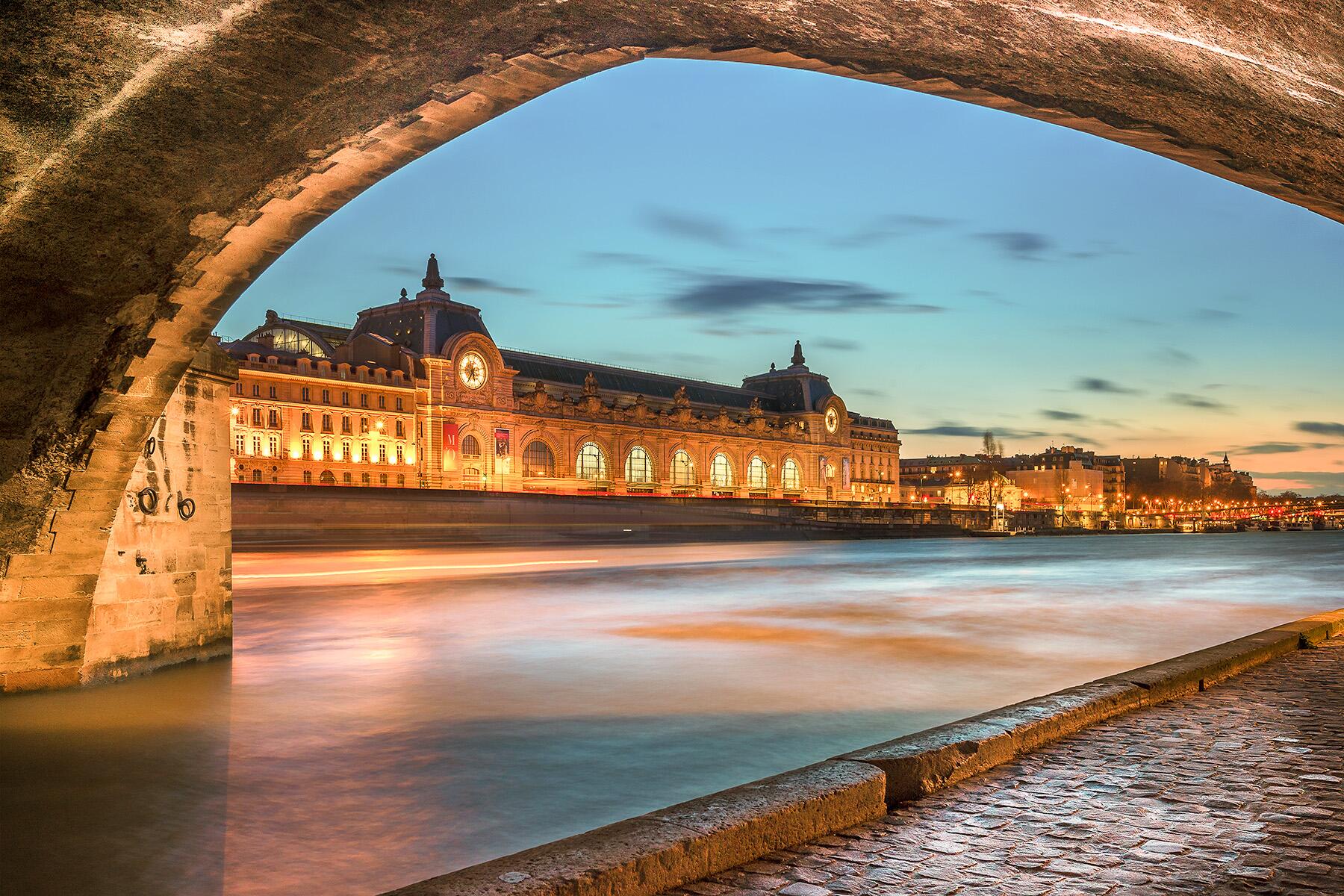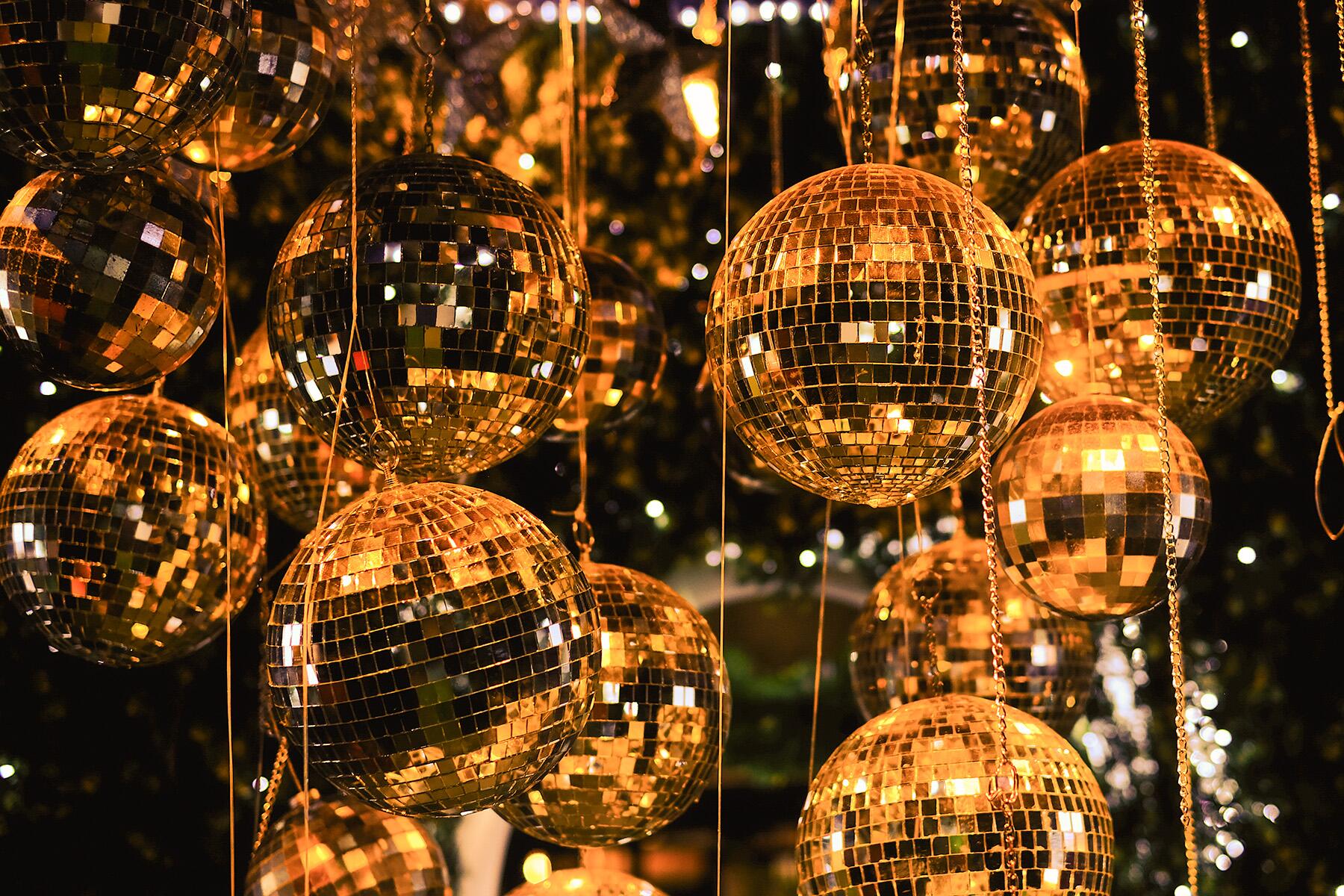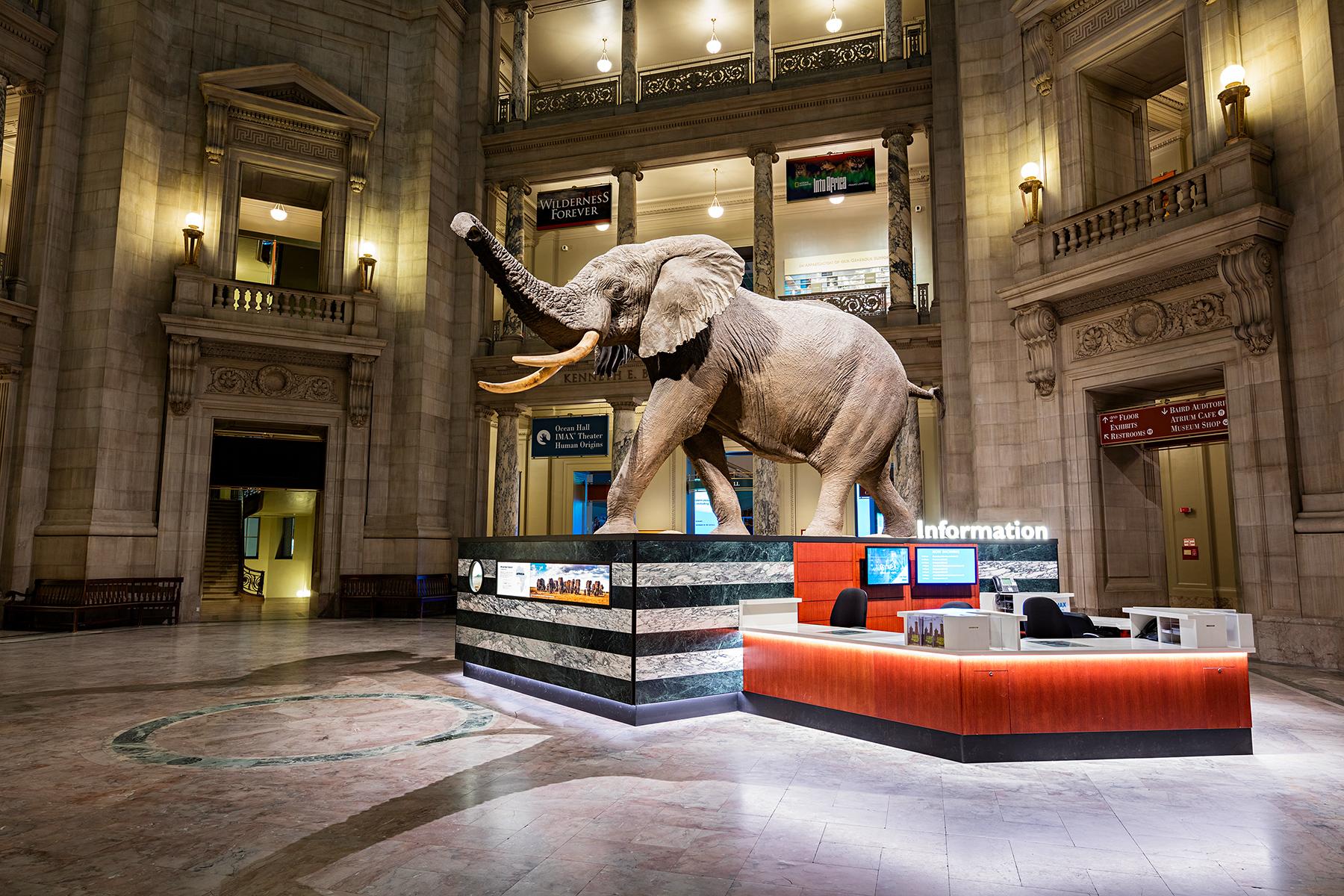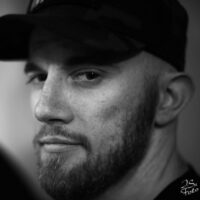In a hidden corner of central Taipei, one bar, and one queen mother, has provided a safe haven for kings and queens not just from Taiwan, but from around the world.
There are certain places in the world that take on an eccentric life all their own, like character actors in a favorite film. Like great actors or artists, these places take on the power to inspire and even to save those who find them, always by some seemingly random twist of fate or chance encounter.
For Taipei’s LGBTQ community, that place is Café Dalida.
There’s an alley behind the Red House Theater in Taipei, a small two-story curve of shopfronts and bars, that for years has been the home of queer culture in the Taiwan capital.
About 15 years ago, LGBTQ+ people in Taiwan, for the first time, were able to emerge from smokey basement clubs and come out, quite literally, into the light, enjoying the outdoor terrace of one place in particular, marked by a small forest’s worth of greenery out front—Café Dalida.
View this post on Instagram
Most nights, just before opening up for the evening, you’ll find Dalida’s owner/proprietor there, watering the ferns, trees, and shrubbery he’s tended to since opening night in 2006. Alvin Chang is godmother of the Taipei drag scene, though he would never say so himself.
Alvin, who performs in drag himself under the moniker Alibudha, discovered drag culture on a student trip to London in the mid-nineties. With an English-language Gay Bible tucked under his arm, he escaped his teacher-chauffeurs one night and lit out for the town’s gay bars, where he saw his first drag performances.
Recommended Fodor’s Video
Softspoken and shy in the day-to-day, Alvin saw in drag the chance to become a whole new version of himself—more outgoing, confidant—even if it was only for those few minutes on stage.
“I can laugh very loud, I can drink a lot, I can be crazy. Normally I don’t do that. I really love to watch people in drag,” says Alvin, seated at a table across from the bar at Dalida, surrounded by a few of those who have come to call his little piece of queer haven—or is that heaven?—their home away from home.
View this post on Instagram
On his return from London, Alvin began hosting gay nights at Source, a Taipei club where he worked nights as a DJ. Though not outwardly a gay bar, the nights soon proved so popular that Source became the defacto destination for the city’s LGBTQ people to mix, congregate, and have a good time, free from any of the dangers of being “out” in what was then still a somewhat conservative society, barely more than ten years removed from a decades-long period of martial law.
In 2001, Alvin opened his first bar, Fresh, where he began doing drag shows once in a while, scouring the town for talent.
“I tried to find anyone who wanted to be a queen. At the beginning it wasn’t easy,” he says.
In 2006, when space opened up in what was then a derelict alley in a part of town with a seedy reputation, Alvin jumped at the chance to make the move, and Dalida was born.
With some international travel under his belt and an increased proficiency in English, the naturally shy Alvin made it a point to put himself out there and welcome not only locals but also the foreign crowd who might happen by, especially those new-in-town members of the queer community who, whether they knew it or not, might have been searching for a place to call home.

Amily Givency, a queen from Jo’burg, South Africa (“A Cape Town boy at heart”), is one of those joining Alvin on this humid, late summer night at Dalida for a talk on what the café means to the queer folk who fill its tables and perform upon its stage.
Amily arrived in 2014, not knowing much about the scene. “I knew there were other gay people,” he says, “but I didn’t know where they hung out. I happened upon a directory, and Dalida looked fun, with the drag queens in the picture.”
Alvin gives a lighthearted nod to how difficult it was to convince Amily, at first, to give drag a shot.
“To be fair, you asked me to be a go-go dancer,” Amily says, laughing. “I have way too many body issues. And then I think you asked me to just be a dancer, and I was like, ‘Uh-uh, I have two left feet.’ And then you asked me to do drag, and I was like [pauses], ‘I’ll try.’ It was something that I kind of toyed with before moving to Taiwan, and then it was like the idea and the opportunity meeting, so that’s how that happened.”
Amily wound up having his drag debut at a C.U.M. (Create Ur Magic) Party, hosted by Alvin at another venue. “I didn’t even do my own makeup,” Amily recalls. “The transformation—leaving my apartment, I was like, ‘Oh, my god. I’m the prettiest girl in the world.’”
Amily found in Alvin, Dalida, and the supporting cast of characters who revolved around the café a family who encouraged him to come out of his shell, so to speak, and embrace the queen within. Alvin had begun a series of workshops called Drag Labs, wherein anyone could woodshed a routine and receive advice, guidance, support, and critiques from scene vets in a safe environment, and there Amily found a chance to experience total creative liberation, without that usual gnawing fear of being judged.
“You have freedom in just being able to try something different, and even if you’re completely off base, off mark, you can try, as long as you’re willing to grow,” says Amily. “It just felt safer to do it here, to start the journey here. Safer than back home.”

Rafeala, a young queen originally from the Boston area, agrees.
“Drag Labs was such a fitting name because it really was a supportive place where you could try drag. It didn’t have to be the stereotypical thing people might be used to. You could use the art of drag to do what you want to do and express yourself however you can.”
It’s not just queens who reign at Café Dalida, however. It’s also one of the first spaces in Taipei to make room for drag kings as well.
One of those who also made their debut on the Dalida stage is Uncle Southside (“Your friendly neighborhood uncle who respects your boundaries”). A Singapore transplant who just finished up their master’s degree in Taiwan, Uncle Southside found they had very few examples to follow, at least locally. But Dan Dan Demolition, another king who joined us at the table, helped them with their makeup, and Uncle Southside jumped into the deep end, sink or swim, performing a Frank Sinatra number on a cold February night in 2020. “I tried it and I was like, ‘I like this. I like this very much,’” they say.
From then on, Southside adds, “Every month we would try and do something different, something new. Because of that, it was also a space to do different things. We’ve had kings kind of push the boundaries with what they’re doing. The environment here helps. I felt that Dalida was very generous in bringing us in.”
Taipei, and Taiwan as a whole, it seems, is indeed open to trying, experiencing, and pioneering new things, especially when it comes to gender fluidity. The country has recently become the first in Asia to pass a marriage equality law, allowing for same-sex unions.
Since the passing of the marriage equality act, drag shows have become a larger and larger part of Taiwan’s soft power movement, with kings and queens at the forefront of Taiwan’s PRIDE March, often appearing front and center in global media coverage of what has become Asia’s largest PRIDE event.
This in turn helps bring positive attention to Taiwan as a progressive country in the midst of what are mostly perceived as conservative neighbors, and sheds further light on Taiwan as a free and forward-thinking counterpoint to its largest, closest neighbor, authoritarian China, which has held Taiwan under an ever-present threat of annexation for decades.
Dan Dan Demolition, a mainstay of the Taipei drag queen, Taiwanese-American, and the facilitator of our little drag salon this evening, shares their thoughts on why Taiwan has become increasingly open to people of diverse sexual identities, as the country has further come to embrace its status as a destination for people from all corners, opening itself up to the world.
“Taipei is pretty international,” Dan Dan says. “There’s tons of people from different countries here, and I feel people are naturally drawn to things that are artistic or culturally relevant, not just things that are commercial.”
Southside, who has studied kings academically as part of their master’s research, elaborates on the topic, giving credit where it is due to the prevalence of drag-adjacent practices within Taiwan’s traditional arts scene.
“In traditional Taiwanese opera, you traditionally always had the male hero leads played by people who were assigned female at birth, and actually they attained star status. They made their careers playing these roles,” Southside says of the role that gender fluidity has played in traditional arts in the country.
While those operatic performers they mention may be more about performative pageantry than actual drag, they still planted the seed of non-heteronormative culture within the Taiwan zeitgeist centuries ago, to the point where AFAB (Assigned Female At Birth) and AMAB (Assigned Male At Birth) performers gender-swapping is not seen as anything outside the norm.
“You also have the Japanese Takarazuka Revue, which is huge in Taiwan,” Southside goes on. “When they come here and they tour, tickets sell out as quickly as you would think Coldplay was playing, within 10 or 15 minutes. You get these Taiwanese housewives and they’re all sort of bowing down. And the performers are AFAB who are playing male roles. So everyday Taiwanese culture already has room for this within the binary. It’s not seen as queer.”
For the time being, drag shows at Dalida are on hold due to Covid restrictions. What were once weekly performances, raucous occasions and celebrations of gender diversity, have gone silent. But they’ll be back, without a doubt. Alvin, the queen all the other Taipei queens and kings call “mother,” is loathe to take credit for what he, essentially, has created—a safe, welcoming place for queer kids to freely practice their right not just to self-expression, but to self-actualization.
“The scene grew exponentially out of here,” says Rafaela, “and I think it was because it was a safe space to try drag. Even if you hadn’t done it a lot, you could still feel comfortable and hone your skills.”
Uncle Southside takes the thought one step further.
“As a Singaporean, looking at Taiwan, Taiwan is gay heaven! Back in Singapore, I could never have done this. Coming to Taipei, I can say, saved my life. Coming to a scene that was so open to new colors, saved my life. I don’t think I would be who I am today if I wasn’t allowed to express myself as a king.”




